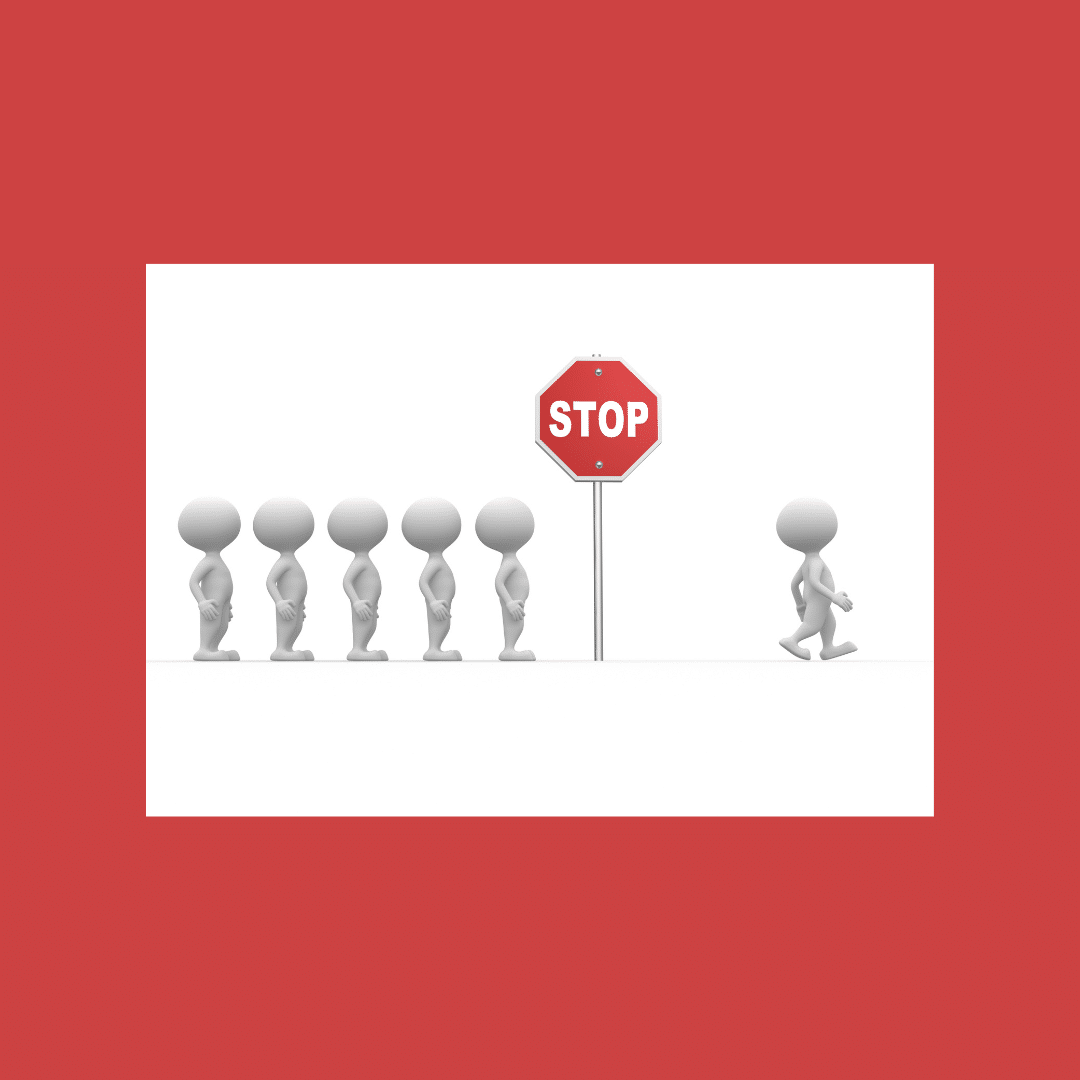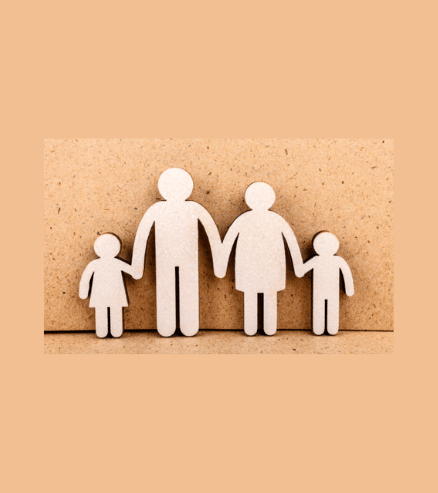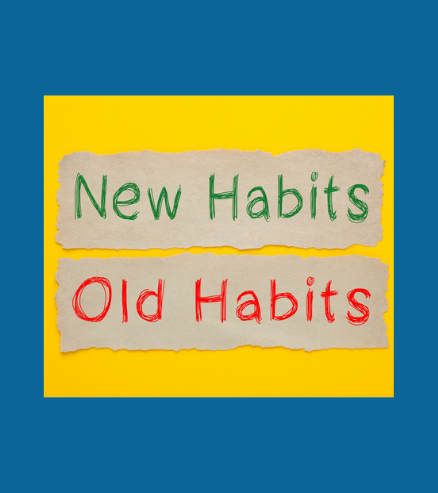Do you remember the feeling you had after being promoted into a leadership role? For many of us, once the euphoria subsides, the work doesn’t feel as productive (or as much fun) compared to the tasks we used to undertake. We’re easily drawn back into doing the same work as we did before while adding…
Author Archives: Shiift
Do you have a best friend at work? Did you know that those with a ‘best friend’ at work are 7 x more likely to be engaged in their jobs! It might all sound like school-yard semantics but research shows having a good friend in the workplace boosts employee retention, safety stats, work quality, as…
The Power of Positive Thinking – The science behind it and how it builds resilience The “power of positive thinking” is a proven concept. The physical and mental benefits of positive thinking have been demonstrated by multiple scientific studies. Research is currently showing that negative thoughts (housed in our brain’s dendrites) are the catalyst for…
Family businesses account for around 70% of all businesses in Australia. Families are the unsung heroes driving Australia’s economy – but who is looking after these families, ensuring they can function well at work and at home? What is the definition of success for families in business? For myself, it is educating my kids about…
Do your emotions serve you well? Have you ever stopped to consider if you should really be making those big decisions today? None of us like to admit that we may just not be on our game sometimes. However, science shows us sometimes we need to just step back. All decisions are emotional – The Behaviour…
Word on the street is Co-Vid will define our decisions and directions for the next 3 years. In our past 2 blogs we discussed ‘Compassion Fatigue’ and ‘Situational Depression’, all very real effects of the pandemic. Let’s acknowledge these, validate the experience of those suffering the symptoms, and build resilience! Resilience is a buzz-word commonly thrown…
Situational depression is real – thanks CoVid Brain fog, apathy, struggling to make decisions with clarity or just struggling to get up each day? You may be suffering from reactive depression, or ‘situational depression’. It occurs when a person struggles to cope with a traumatic event. This can be anything that changes, or threatens to…
If managing holiday cancellations has you drained and it’s bordering on irritation / anger while you listen to each individual’s disappointment at not being able to achieve that much-needed holiday – you may be suffering from Compassion Fatigue. Compassion Fatigue is common in the fields of health / medical care and is the result of feeling…
Imagine if you could create the exact change you need in your work & your personal life, with the least amount of effort! Knowing and understanding our unique potential strengths gives us unlimited fuel for this fire. A strengths-based approach is about capitalising on the things we are already good at. We all want to be in…
In the workplace lunchroom, the discussion of habits usually goes one of two ways – overwhelmingly negative, or somewhat positive. Those in the positive corner will cite statistics such as ‘over 40% of what we do is habitual’ and the brain’s efficiency at turning new-found behaviours or tasks (especially sensory-based) into habits to free up more cognitive…










